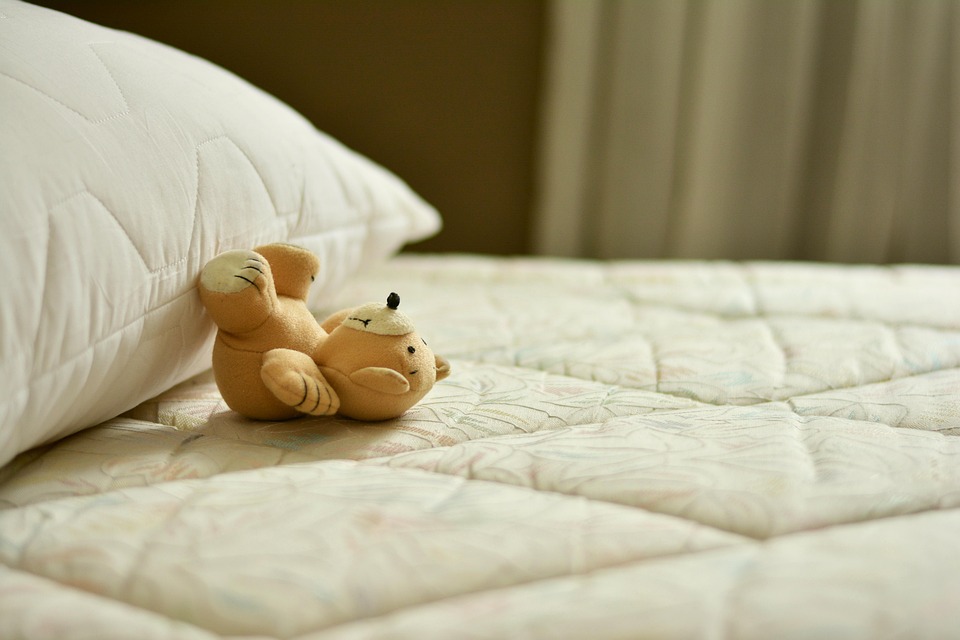Sleepless in [Your City]: Addressing the Sleep Crisis in Modern Life
Introduction
In the hustle and bustle of modern life, sleep has become a precious commodity, often sacrificed on the altar of productivity and connectivity. As we navigate the complexities of work, family, and social obligations, the average person struggles to secure adequate rest. Reports indicate that a significant portion of the population grapples with sleep disorders, anxiety, and stress-induced insomnia. In this comprehensive article, we will explore the sleep crisis affecting our city, identifying its causes, consequences, and potential solutions.
The Landscape of Sleep in [Your City]
Statistics and Sleep Patterns
Before delving into the intricacies of the sleep crisis, it’s vital to understand the current landscape of sleep in [Your City]. Recent studies show that approximately 30% of adults report insufficient sleep, defined as less than 7 hours per night. This alarming statistic aligns with national trends, highlighting a collective struggle against sleep deprivation. Factors contributing to poor sleep in [Your City] include long work hours, high stress levels, and the pervasive influence of technology.
Cultural Attitudes Towards Sleep
In our fast-paced society, sleep is often viewed as a luxury rather than a necessity. This cultural attitude manifests itself in the glorification of the "hustle" mentality, where individuals are praised for sacrificing sleep in pursuit of career success. As a result, many inhabitants of [Your City] feel guilty about prioritizing rest, inadvertently perpetuating the cycle of sleep deprivation.
The Causes of the Sleep Crisis
1. The Work Environment
Long working hours and high job demands significantly impact sleep quality. A survey conducted in [Your City] revealed that 40% of respondents often work late into the night, reducing their ability to unwind and prepare for sleep. A demanding work culture fosters an “always-on” mentality, where employees feel compelled to remain connected, often at the expense of their well-being[^1].
2. Technological Overload
In an era dominated by smartphones and digital devices, the blue light emitted from screens disrupts our circadian rhythms. The National Sleep Foundation indicates that 90% of people use their devices within an hour of bedtime, leading to hindered melatonin production and difficulty falling asleep[^2]. This trend is particularly pronounced in [Your City], where tech industries flourish, influencing both professional and personal lives.
3. Stress and Mental Health
The mental health epidemic paralleled with the sleep crisis cannot be overlooked. Chronic stress, anxiety, and depression contribute significantly to sleep disturbances. The American Psychological Association notes that stress is one of the foremost reasons individuals report sleep issues, with 55% of respondents indicating that stress negatively affects their sleep patterns[^3]. In [Your City], the increasing cost of living and economic pressures exacerbate these mental health concerns.
The Consequences of Sleep Deprivation
The repercussions of insufficient sleep extend beyond mere fatigue. The effects permeate various aspects of life, affecting physical health, mental clarity, and overall quality of life.
1. Health Risks
Research consistently links sleep deprivation to a myriad of health issues, including obesity, diabetes, cardiovascular disease, and weakened immune function[^4]. For residents of [Your City], these health risks are amplified by the fast-paced lifestyle and limited access to healthcare resources.
2. Reduced Productivity
Sleep-deprived individuals struggle with concentration, decision-making, and creativity, all of which impact workplace productivity. A report by The Better Sleep Council estimates that sleep deprivation costs organizations billions annually due to decreased work performance and increased absenteeism[^5]. In a competitive city like [Your City], the implications of reduced productivity can be significant.
3. Impaired Relationships
Insufficient sleep can lead to irritability, mood swings, and an inability to communicate effectively. These factors can strain personal relationships and contribute to a sense of isolation. In a city where social connections often enhance mental well-being, the sleep crisis poses a direct threat to interpersonal dynamics.
Addressing the Sleep Crisis: Solutions for [Your City]
1. Promoting Workplace Wellness
Organizations in [Your City] have an opportunity to spearhead initiatives that prioritize employee well-being. Implementing flexible work hours, encouraging breaks, and providing resources for stress management can foster a healthier work environment. Companies might consider programs aimed at educating employees about the importance of sleep[^6].
2. Smartphone and Screen Time Management
To combat technological overload, residents can implement strategies to limit screen time, particularly before bed. Many apps are available to help monitor usage, while setting boundaries on device access can serve as a form of self-care. Public campaigns aimed at raising awareness about the impact of blue light could also be beneficial in promoting healthier habits.
3. Community Support Programs
Local governments and healthcare providers can collaborate to develop community support systems that address mental health and sleep-related issues. Workshops, support groups, and accessible counseling services can empower residents to take charge of their mental well-being, ultimately improving sleep quality[^7].
4. Educational Initiatives
Schools and educational institutions must emphasize the significance of sleep and mental health. Curricula that address these topics can equip younger generations with the knowledge and tools to navigate stress effectively and prioritize their well-being. Engaging parents in discussions around healthy sleep habits can extend this awareness into the home[^8].
Conclusion
The sleep crisis in [Your City] reflects a broader national issue, one that demands urgent attention. As we recognize the critical link between sleep and overall well-being, it becomes imperative for individuals, organizations, and communities to take proactive steps in mitigating this crisis. By fostering a culture that values rest, reducing the stigma around prioritizing sleep, and implementing practical solutions, we can collectively pave the way towards a healthier, more well-rested population.
Modern Footnotes
[^1]: American Psychological Association. "Workplace Stress."[^2]: National Sleep Foundation. "Sleep Hygiene Tips for Better Sleep."
[^3]: American Psychological Association. "Stress and Sleep."
[^4]: Centers for Disease Control and Prevention. "Sleep and Health."
[^5]: Better Sleep Council. "The Cost of Poor Sleep."
[^6]: World Health Organization. "Mental Health in the Workplace."
[^7]: National Institute of Mental Health. "Support Programs for Mental Health."
[^8]: National Sleep Foundation. "Sleep for Student Success."
This article addresses the growing sleep crisis in [Your City], offering insights into its causes and suggesting actionable solutions. Ultimately, by acknowledging the vital role of sleep in our lives and committing to change, we can create a healthier community.

























Add Comment